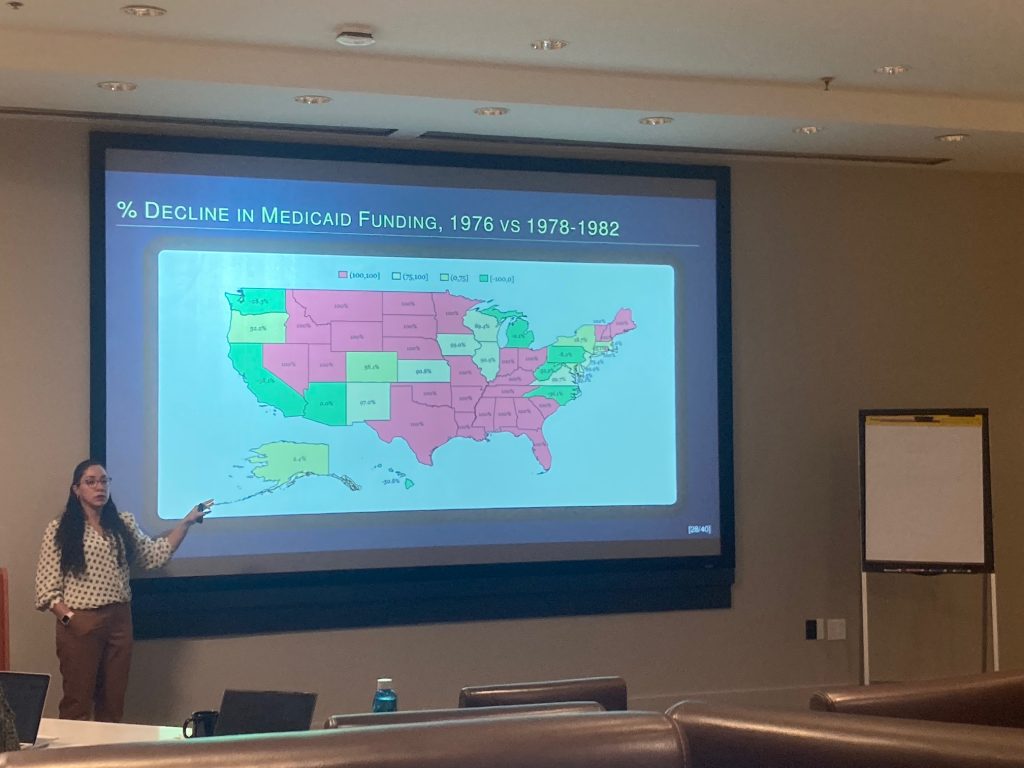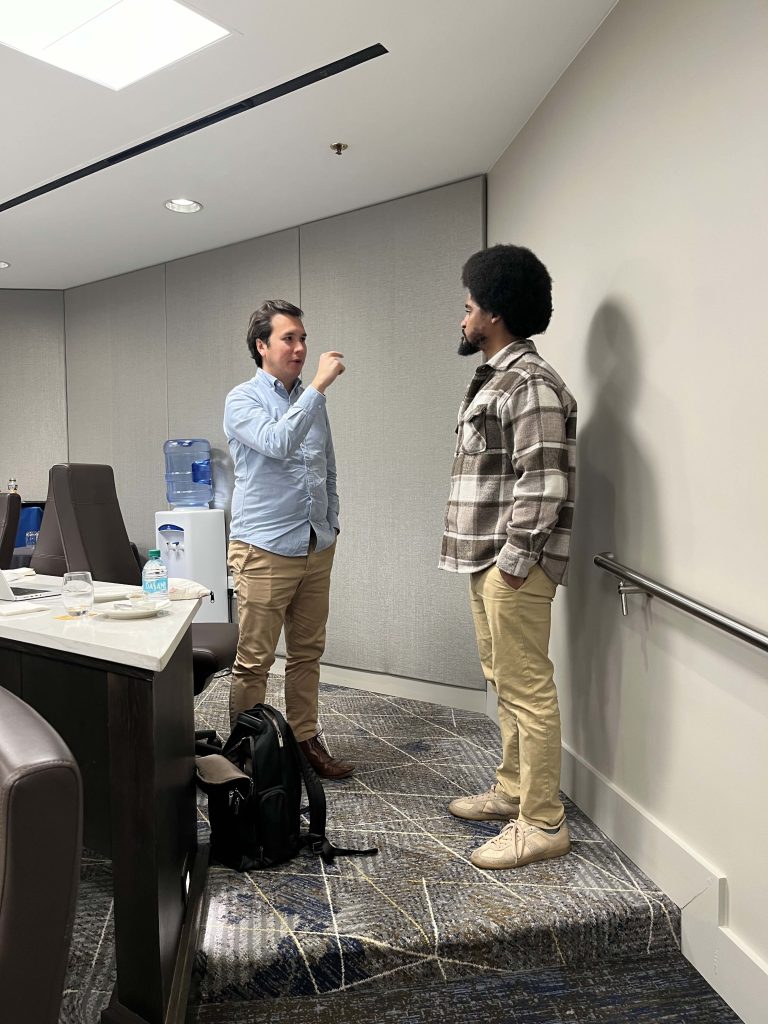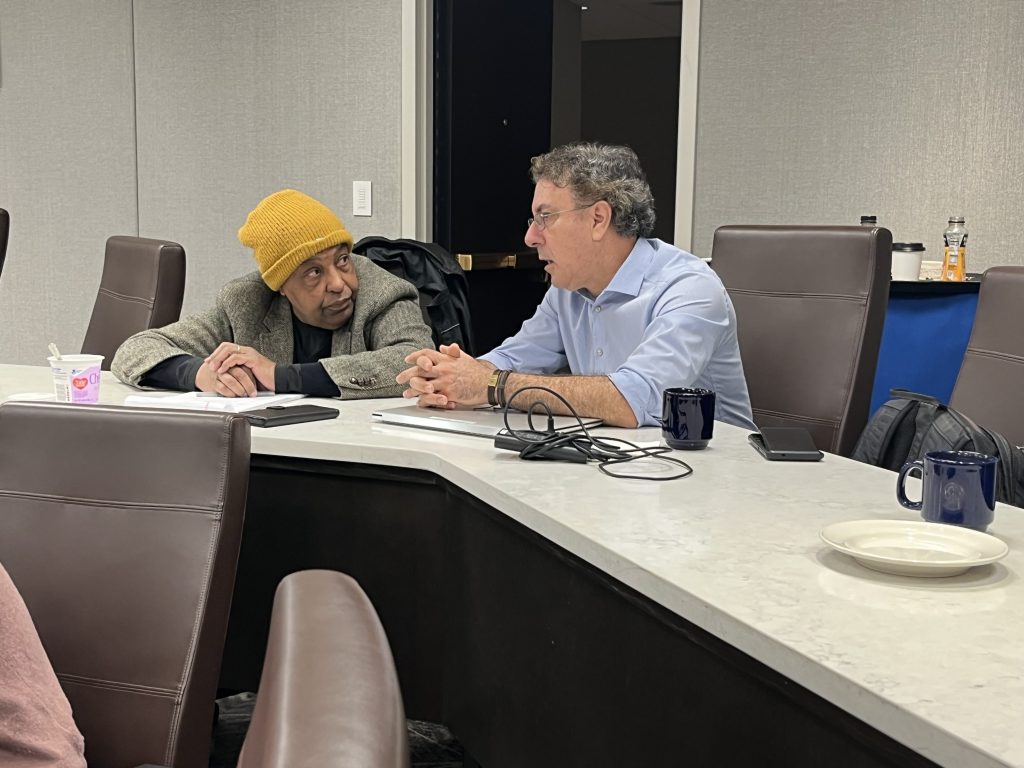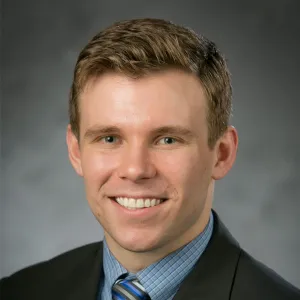Pop quiz: You’re a junior economics professor who’s about to go up for tenure. How should you pick your potential reviewers so that your odds of success are highest? How do (or even how can) you balance the big three of teaching, research, and service to the profession? And, most importantly, where do you find meaningful support, advice, and mentorship in navigating the tenure minefield?
Questions like these motivate the need for the Development and Mentorship Initiative for Tenure in Economics (DITE), which held its spring meeting in Atlanta this weekend at the Emory Conference Center Hotel.
The program, founded in 2008, provides mentorship and workshops to aid the transition from junior faculty status to associate professor for economists from underrepresented groups and is currently on its 15th cohort. DITE is designed to demystify the promotion and tenure process for junior economics faculty and help them construct a research program en route to an effective tenure placement.
Such a program is essential in all fields: In 2024, the National Center for Education Statistics (NCES) reported that, of full-time college faculty, 7 percent are Black and 6 percent are Hispanic. But the makeup of the economics field is a longstanding topic of concern, and one that is likely to continue in the near future. A 2022 study from researchers at Michigan found that, among the major fields of graduate study, economics PhDs were the least socioeconomically diverse.

Following opening remarks from Dr. William A. “Sandy” Darity Jr., the founding director of the Cook Center and the co-founder (along with Dr. Rhonda Sharpe) of the DITE program, five of the latest cohort’s fellows shared in-progress and early-stage research in the hopes of getting feedback and direction on the next steps for their work.
Dr. Mayra Pineda-Torres, Assistant Professor of Economics at Georgia Tech, kicked things off with her presentation titled “The Consequences of Abortion Funding Bans.” In studying Medicaid-covered abortions before and after the passing of the Hyde Amendment in 1977, which banned federal funding for abortion services, Dr. Pineda-Torres identified the groups that were most directly affected by the policy change—very young and non-white women. Notably, she said, in conducting this research during the 1970s and comparing it to the current climate, she observed how “the the speech around abortion access hasn’t changed at all.”
The morning slate concluded with two mini-talks from Dr. Agustin Hurtado, Assistant Professor of Finance at the University of Maryland Smith School of Business. In “Banking on a Mission,” Dr. Hurtado explored the performance and characteristics of mission-driven banks, those who aim to serve low-income and underserved communities since the creation of the CDFI program in 1996. Then, in “Public Credit Information and Financial Inclusion: Evidence from Credit Cards,” Dr. Hurtado studied the Chilean credit card market in the 1980s—featuring credit cards issued by banks as well as retailers—to see how the different information collected by these two categories of lenders led to different performance and patterns of lending over time.

Friday afternoon concluded with three presentations from junior faculty. Dr. David McMillon, assistant professor of economics at Emory University, presented “What Makes Systemic Discrimination, ‘Systemic’? Exposing the Amplifiers of Inequity.” Dr. McMillon highlighted how we “live in a world that is governed by complex systems,” and how there are many different ways to describe systemic discrimination (from disciplines of law, sociology, public health, economics, and so forth). In the theory-driven paper, he shows how these connected, complex systems can work to actually amplify the effects of injustice—and how this interconnected structure can be “exploited” to inform approaches to alleviate injustices.
Dr. Keisha Solomon, Assistant Professor of Economics at Howard University, has a research focus on topics of mental health, substance use disorder, and disability. In her talk titled “Effects of social policies and programs on health and other socioeconomic outcomes,” Dr. Solomon shared findings on how early-life exposure to the earned income tax credit (EITC) led to differential outcomes in worker disability later in life.
In so doing, Dr. Solomon emphasized a key finding: that tax policies can have important spill-over effects into labor market outcomes, and that if we don’t consider such policies holistically, we may actually be underestimating their value to society.

The final presenter was Dr. Omer Ali, a former Cook Center Postdoctoral Associate who is now an Assistant Professor of Economics at University of Pittsburgh. He presented work from his ongoing project, “The Distribution of Federally-Insured Mortgages: Evidence from Land Records in Mecklenburg County, NC.” His work on redlining, which builds on catalogue of black reparations scholarship (such as that by Ta Nehisi-Coates and Richard Rothstein) that uses discriminatory housing policy as the backbone of the wealth gap.
Analyzing data around Charlotte, Dr. Ali and his team are investigating whether mid-20th century insured mortgages were more likely to be issued in white neighborhoods, as well as how these patterns mimicked the ratings given to neighborhoods by the Home Owners’ Loan Corporation.
The conference concluded Saturday with a roundtable discussion among fellows and senior faculty as fellows shared their other projects and interests and discussed sticking points they had encountered as junior faculty. Senior faculty identified potential mentors for the fellows, and began outreach to connect and hopefully continue to aid these DITE fellows in their progression to tenure.


Lucas Hubbard writes stories, articles, and press releases to help illuminate and broadcast the Cook Center’s research, in addition to helping edit reports produced by the Center. He obtained a B.S. in economics from Duke University with a minor in creative writing. Prior to joining the Cook Center, Lucas was the Clay Felker Staff Writer at Duke Magazine.
